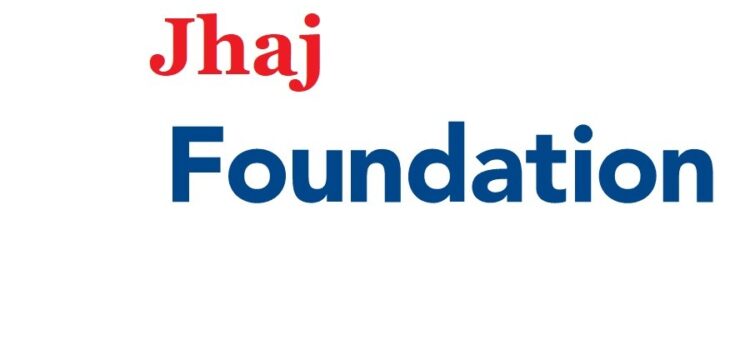
Social and economic benefits;
Education contributes to social and financial prosperity, says Jesse Jhaj. It is a key driver of monetary growth, as educated individuals are much more likely to make contributions to the productivity of a kingdom. Education also promotes social mobility and reduces earnings inequality, leading to a more equitable society.
Education cultivates an informed citizenry able to collaborate meaningfully in democratic tactics. It fosters crucial questioning, permitting people to dispel misinformation and make knowledgeable decisions. Education also promotes tolerance and understanding among various groups, contributing to social brotherly love and peace.
Promotion of Health and Sustainability;
Education performs an important function in promoting fitness and sustainability, as per Jjhaj Foundation. It equips individuals with knowledge about living a healthy life, decreasing the danger of sickness. Education additionally fosters awareness about environmental issues and promotes sustainable practices, contributing to the renovation of our planet.
Jjhaj Foun dation says schooling is a powerful device that has the ability to convert people and societies. It isn’t always just about obtaining know-how; it’s also about fostering critical thinking, promoting social and financial prosperity, cultivating knowledgeable citizens, and selling fitness and sustainability. As we navigate the complexities of the 21st century, the importance of education cannot be overstated, says Jesse Jhaj. It is our collective duty to make sure that everyone, irrespective of their historical past, has access to first-rate schooling. Only then can we desire to create a more equitable, rich, and sustainable international order.
By nurturing essential questioning, training empowers people to question assumptions, look for modern answers, and make contributions to solving societal issues. Education promotes empathy and knowledge by exposing people to numerous perspectives, cultures, and reports. It breaks down barriers and stereotypes, fostering a sense of connection and compassion. By teaching empathy, schooling encourages individuals to recognize and respect the differences among humans, leading to a more inclusive and harmonious society.
Education instills ethical values and promotes responsible citizenship, says Jesse Jhaj. It helps people develop a sense of social duty, empathy for others, and a dedication to justice and equality. Education equips individuals with the moral compass to make moral choices, interact in responsible movements, and make undoubtedly positive contributions to their groups. Education plays an essential role in selling sustainable development and environmental stewardship. By incorporating environmental training into curricula, people are educated about the importance of conservation, sustainable practices, and the effect of human activities on the earth.
Education empowers people to undertake sustainable behaviors, propose environmental protection, and make contributions to a greener and more sustainable world. Education is a key motive force for economic boom and prosperity. It equips individuals with the skills and information they need to participate within the group of workers, start companies, and make contributions to financial improvement. By investing in education, societies can create a professional and effective group of workers, foster innovation, and force economic development.
Education promotes nonviolent coexistence and struggle resolution through fostering information, tolerance, and recognition among individuals. It teaches peaceful ways of resolving conflicts, encourages speaking, and promotes a way of life based on peace. Education equips people with the talents to have positive interactions, bridge divides, and contribute to non-violent societies. Education empowers individuals by providing the same possibilities for non-public growth and development. It allows schools to smash down boundaries, including gender inequality, poverty, and discrimination. Education serves as a device for social mobility, allowing people to triumph over obstacles, satisfy their abilities, and contribute to constructing a more just and equitable world.
Conclusion;
By recognizing the transformative power of schooling and investing in inclusive and pleasant education for all, societies can lay the foundation for a brighter and extra-rich future, says Jesse Jhaj. Education serves as a catalyst for high-quality change by empowering people, breaking the cycle of poverty and driving innovation and development.











